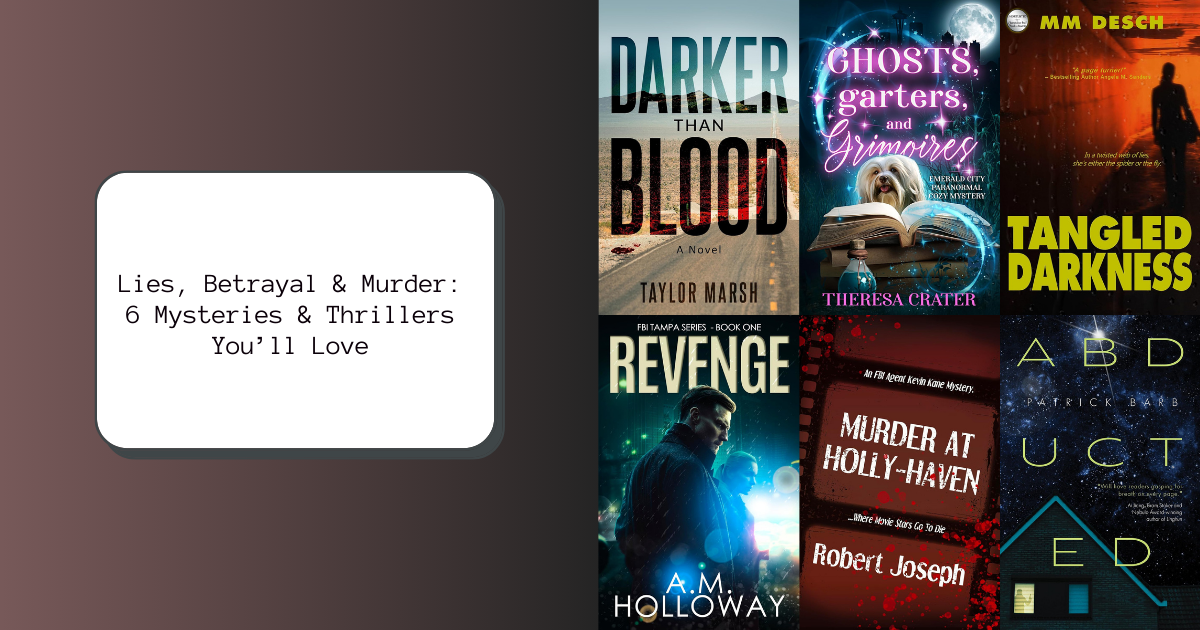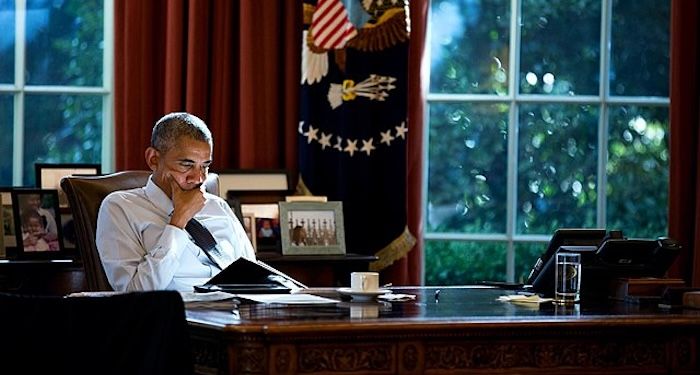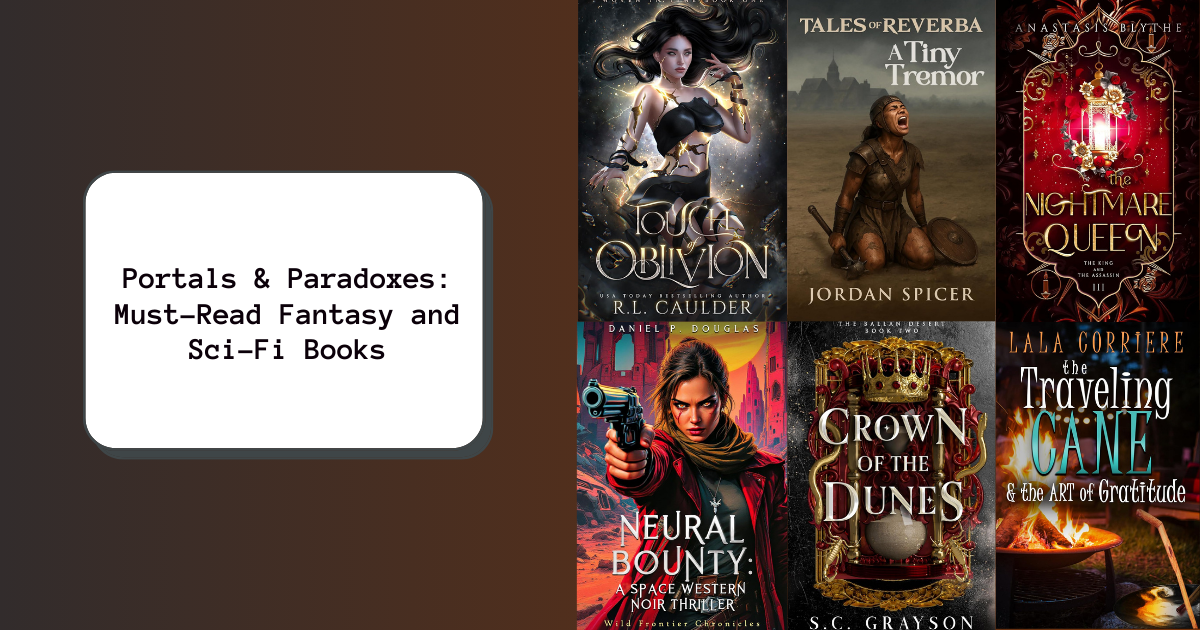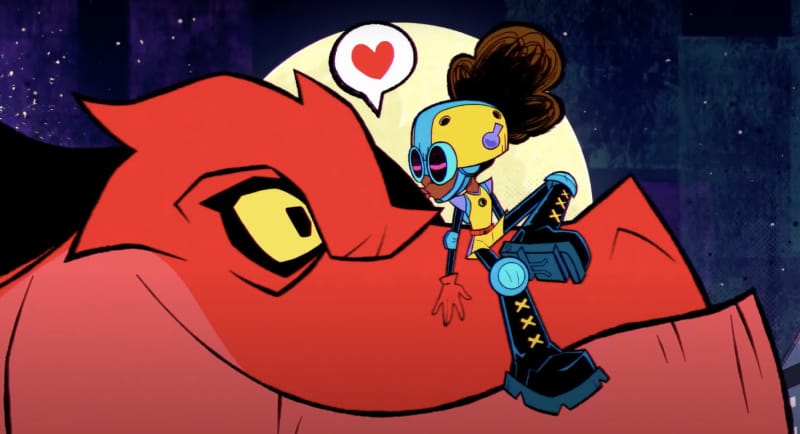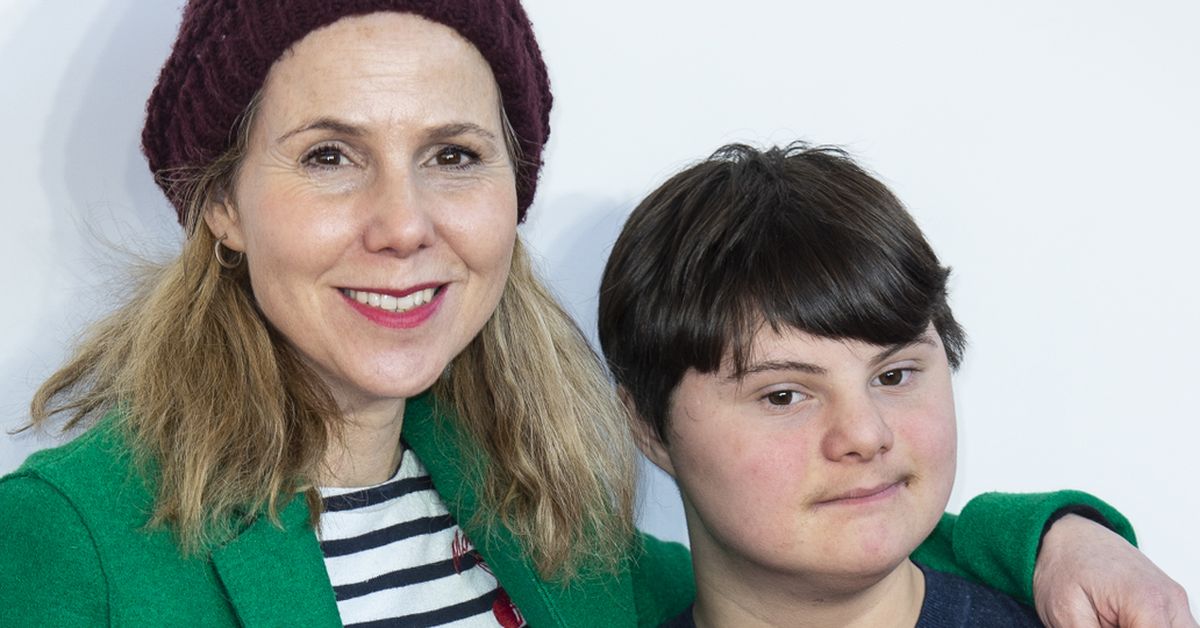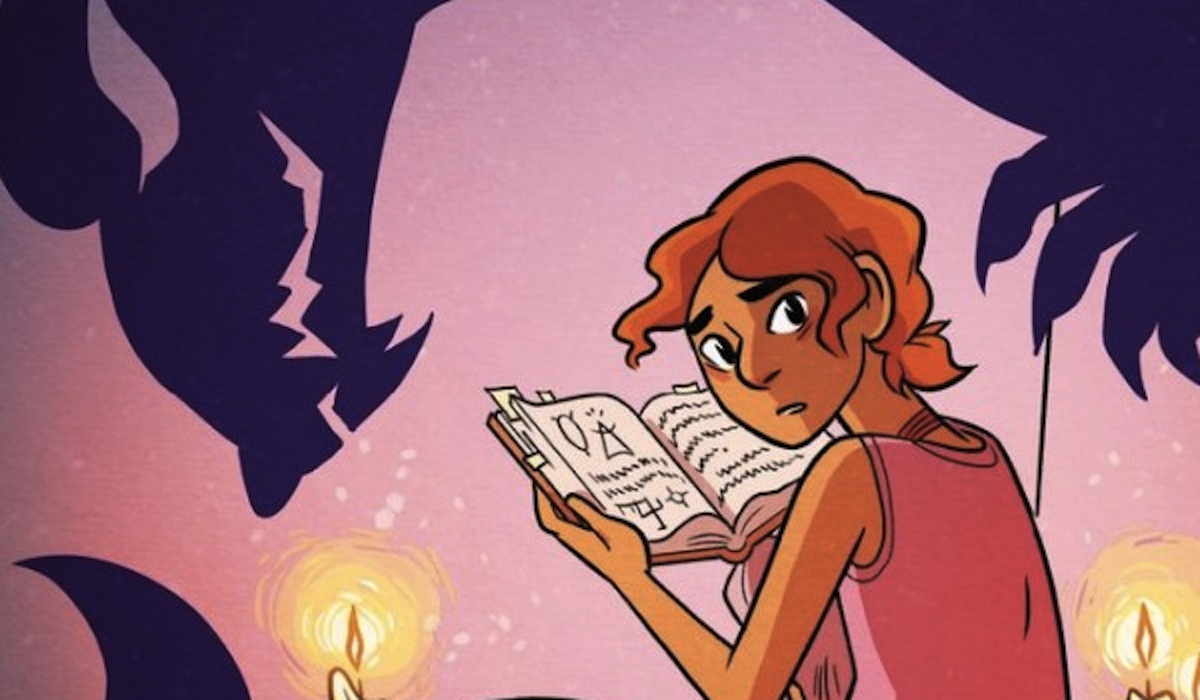If you’d met Stephen and Sandra Long in the early 1980s, when he was a sales rep for cleaning products and she was at home raising their kids, you might have thought they were mildly eccentric, but no more than that. He had big dreams; she seemed to go shopping an awful lot. So how did they evolve into the Grifters Next Door, people who never paid their bills, schemed endlessly for free stuff and lied about everything?
In her sad, funny, moving memoir, Destroy This House, Amanda Uhle is never really able to answer those questions about her parents. But Uhle, a journalist and the publisher of McSweeney’s, tells us in astonishing detail what it was like to be raised by impossible people who lived in a fantasy world that Uhle dubs “Longs Island.”
To be clear, the Longs were neither untalented nor lazy. Stephen’s nonstop get-rich-quick ideas were creative, and one or two worked. Briefly. He held down a job as a pastor for many years, but he lied to get 11-year-old Amanda a child care job for which she was unqualified, then appropriated her pay. Sandra was a skilled nurse, but she was also a pathological hoarder, with stacks of unused food and unworn clothes rotting in their house. As a young child, Uhle doesn’t realize that anything is awry; she becomes more critical as she matures and begins to perceive things more accurately. But her tone remains one of wry amusement.
Throughout, Uhle and her brother persevered, and she remembers extraordinary details, even if some of the facts of her parents’ lives elude her. Her parents’ marriage was “at once unforgettably hyperreal and the fakest, strangest, most ever-changing, tallest tale there is.” Uhle’s expressive writing beautifully captures what it was like to grow up in this chaotic household in the ’80s and ’90s, alternately trying to save her parents or shut them out. Neither worked. So she got out of Dodge and built her own walled-off life through books, music, writing and, ultimately, her own nuclear family—until her parents’ lives collapsed, and she was forced back into their world.
The Longs were extreme outliers, but Uhle’s description of her relationship with them in their miserable last years will resonate with anyone who has cared for a loved one in difficult circumstances. It is clear there was love in that home. Stephen and Sandra never entirely gave up on their commitment to each other, and they wrapped their children in their happy fantasies. They never got on solid footing, and they damaged other people along the way. But they produced a brave, compassionate daughter whose memoir both makes you laugh and wrenches your heart.

